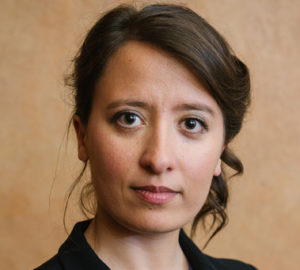Competition of Conspiracies: Conflicting Narratives of COVID-19 within the Grassroots Russian Orthodox Milieu


Post by Elizaveta Gaufman, Assistant Professor of Russian Discourse and Politics at the University of Groningen, Netherlands, and Dmytro Vovk, Director for the Center of Rule of Law and Religion Studies at Yaroslav Mudryi National Law University, Ukraine
While many Western Christian churches suspended religious ceremonies and turned to online worship in response to COVID-19, Orthodox churches have reacted to the COVID-19 threat ambiguously. Some of them encourage their flocks to take the pandemic seriously and follow anti-pandemic measures imposed by governments. But others see it as a punishment or a challenge from God, and some see it as a conspiracy of the “global financial elite.” (more…)

